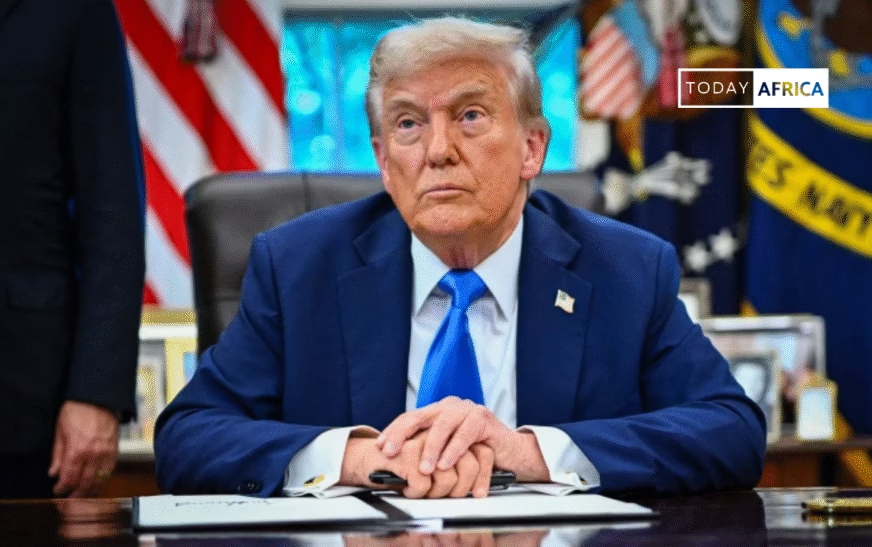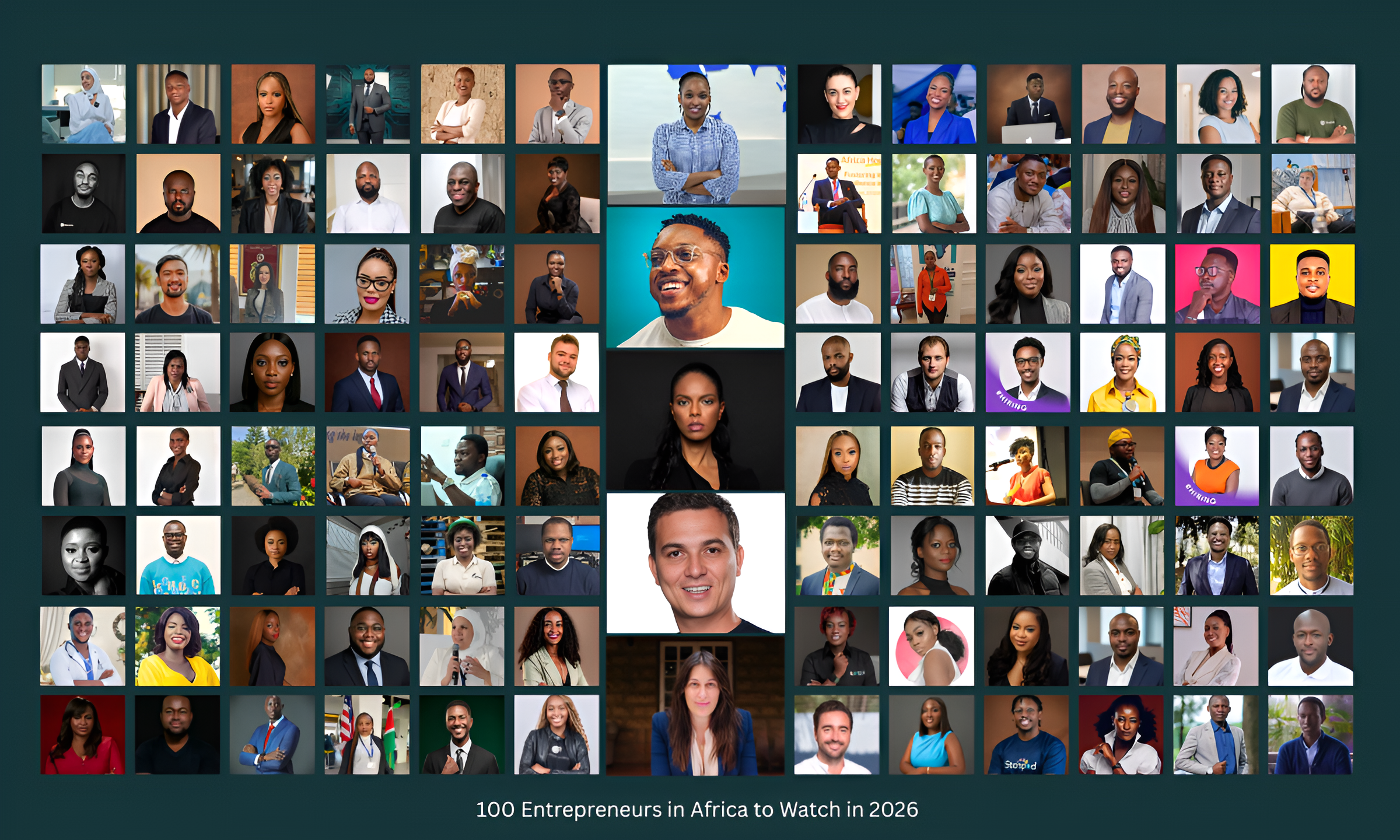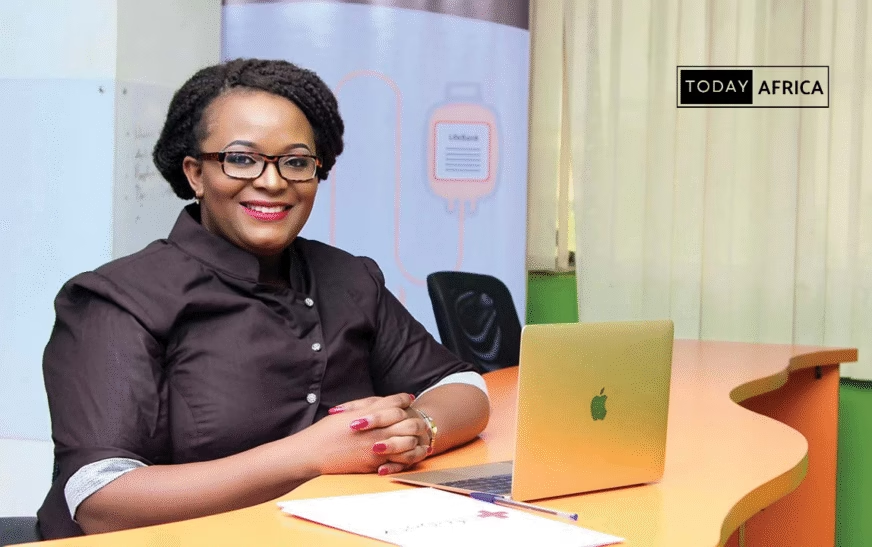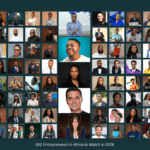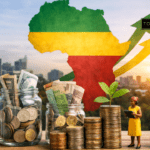On Friday, September 19th, 2025, Trump signed an executive order slapping a $100,000 annual fee on companies hiring foreign workers through the H-1B program.
The White House later clarified that petitions already filed won’t be affected — but the signal is unmistakable.
Commerce Secretary Howard Lutnick put it bluntly: companies must now decide whether a foreign hire is worth paying $100K to Washington or if it’s time to simply “go hire an American.”
Africa’s place in the H-1B pipeline
The H-1B program has always been dominated by a few countries. In FY2024:
- India: ~70% of approvals
- China: 12%
- Nigeria: 2,273 approvals (less than 1%)
For context, nearly 400,000 petitions were approved in that same period.
Tech giants are the heaviest users. In the first half of 2025:
- Amazon: >10,000 approvals
- Microsoft & Meta: >5,000 each
For Africans, the pathway was already narrow. Denial rates are higher for African applicants, and now the $100K price tag ensures only the most senior or specialized candidates will stand a chance.
Where do companies turn?
History shows employers don’t just stop hiring when the US raises barriers. They adapt. During past restrictions, companies shifted work to foreign affiliates, fueling India’s IT boom.
Likely responses include:
- Damage control: hold on to current visa holders, avoid new petitions.
- Offshore expansion: India, Asia, and Latin America are immediate winners. Africa could benefit, but must compete on infrastructure and reliability, not just raw talent.
- Remote hiring: The pandemic already proved distributed teams work. With a $100K hurdle, remote suddenly looks cheap and scalable.
For African professionals, remote work offers dollar incomes and global exposure, but not the full package of relocation — higher salaries, health coverage, family sponsorship, or Silicon Valley’s ecosystem effect. Still, remote roles can be stepping stones: the credential that later justifies sponsorship.
Read Also: M-PESA’s biggest upgrade in a decade is completed
The bigger picture
For the price of a single H-1B fee, a company could open hubs in multiple cities. Meanwhile, Canada, the UK, Australia, and the UAE are rolling out talent-friendly policies.
History shows the stakes. Elon Musk — now one of Trump’s allies — was reportedly an H-1B beneficiary. Instagram’s co-founder Mike Krieger too. America has always profited from immigrant talent. Pricing out the next generation risks undercutting its own edge.
For Africa, though, there’s an opening. If top talent stays, ecosystems can deepen. But it won’t happen by chance. It requires better infrastructure, stronger capital, and companies bold enough to absorb world-class ambitions.
Trump has built a $100K wall around Silicon Valley. The real question now: where do Africa’s brightest minds go next?
Leave a comment and follow us on social media for more tips:
- Facebook: Today Africa
- Instagram: Today Africa
- Twitter: Today Africa
- LinkedIn: Today Africa
- YouTube: Today Africa Studio

